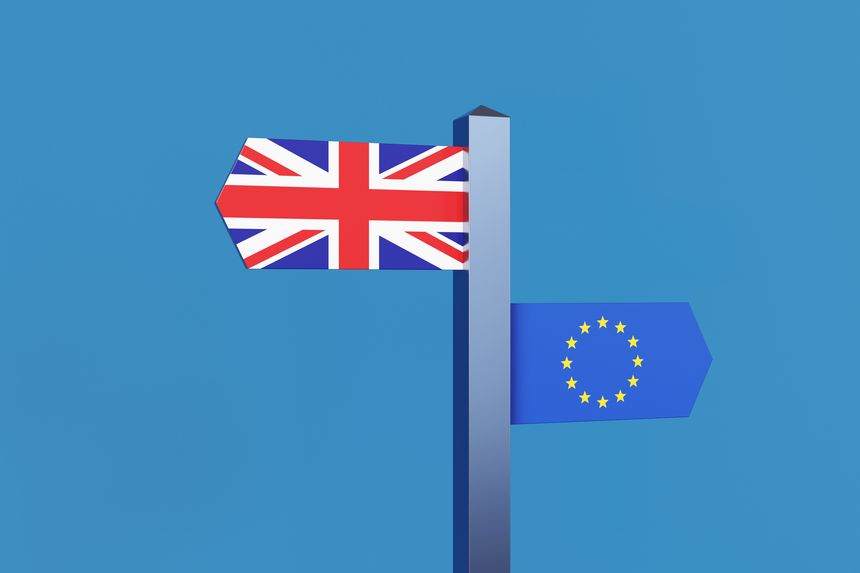The EU and UK finally agreed a deal, the Trade and Co-operation Agreement (‘TCA’), on 24 December, but what does it mean for the UK’s tech sector?
The UK Government’s Summary Explainer heralds the agreement as containing ‘some of the most liberalising and modern digital trade provisions in the world’ which will promote digital trade in goods and services and ensure co-operation on future digital issues, including emerging technologies. While detail on emerging technologies in the TCA is light (there are only two references, one in relation to cyber security co-operation and the other concerning regulatory co-operation for digital trade – see below) there is a dedicated section on digital trade. Its objective is to facilitate digital trade while addressing unjustified barriers and ensuring ‘an open, secure and trustworthy online environment for businesses and consumers’. It covers issues such as:
- providing a four (or possibly six) month grace period which allows data transfers between the EU and UK to continue as before – the hope is that an adequacy decision can be reached in this time;
- prohibiting data localisation (for example, by prohibiting requirements to store or process data in a certain locations);
- preventing parties from requiring the transfer of source code (subject to certain exemptions) as a prerequisite to doing business;
- recognising electronic signatures and allowing electronic contracting (except in some areas such as broadcasting, contracts requiring a witness and certain real estate contracts);
- protecting online consumers, for example by requiring suppliers of goods and services to act in good faith and abide by fair commercial practices, provide clear and thorough information and provide remedies (if goods/services are not delivered) - the reference to good faith is interesting given the interpretation and effect of this wording is a developing area in UK law;
- protecting users from unsolicited direct marketing (which appears to largely restate current rules);
- confirming that no customs duties will be placed on certain electronic transmissions;
- co-operating around open government data; and
- regulatory co-operation - exchanging information on regulatory matters regarding digital trade (for example around consumer protection, the treatment of direct marketing communications and other matters relevant to the development of digital trade, including emerging technologies).
The TCA also covers areas such as cyber security co-operation, and the general rules around no tariffs or quotas on goods (which could include IT equipment) are relevant to those in the tech sector.
While some aspects of the agreement seem to re-state existing positions (around direct marketing and electronic signatures, for example) and the data adequacy issue has been delayed rather than resolved, the deal has been welcomed by trade body Tech UK. The fact there is detail on digital trade in the agreement itself is heralded by the body as “a victory for the UK and EU tech sectors who argued that high ambition on digital trade should be included in the agreement”, as the EU does not normally agree full digital trade chapters in its trade arrangements. They also consider that ‘while any relationship outside of the EU single market and Customs Union cannot be frictionless, the deal contains a number of positive aspects for the tech sector which go above and beyond comparable EU free trade agreements.’



/Passle/5badda5844de890788b571ce/SearchServiceImages/2026-02-19-17-31-35-766-699748f7ff07facd13d14806.jpg)
/Passle/5badda5844de890788b571ce/SearchServiceImages/2026-02-19-11-07-54-737-6996ef0ae26d413e49178ca3.jpg)
/Passle/5badda5844de890788b571ce/SearchServiceImages/2026-02-18-15-18-47-604-6995d857b56f40119c97e795.jpg)
/Passle/5badda5844de890788b571ce/SearchServiceImages/2026-02-13-15-42-31-096-698f466793629fb6669ad654.jpg)